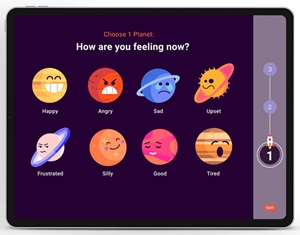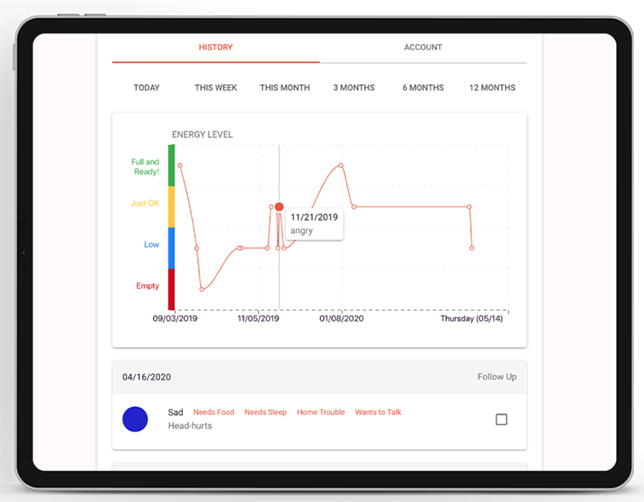Closegap Launches Insights Tool to Better Track Student Emotional, Physical, and Mental Health
Based on Free Closegap Essentials Platform and Its Data From Students’ Daily Mental Health Check-ins
- By Kristal Kuykendall
- 03/25/22
Closegap, a nonprofit whose daily mental health check-in platform is used in over 2,000 K-12 schools across the United States, has rolled out premium add-on features for its free Closegap Essentials platform.
The new Closegap Insights service expands on the Essentials platform with more in-depth analysis of students’ daily check-ins to identify patterns and provide educators with solutions in real time, according to a news release.
Closegap Essentials is free with unlimited student accounts for K–12 schools and educators, and its student-facing content is tailored to three age groups: grades PreK–2; grades 3–5; and grades 6–12. Once a school or teacher signs up their students, students log in daily and answer questions about their feelings, needs, and challenges. The students also are asked “foundational questions” such as are they eating and sleeping enough, is everything OK in their friend group or at home, and so forth.
 Once the student completes the check-in questions, the platform offers the student an opportunity to ask for help, and then suggests a relevant “self-guided, evidence-based SEL activity” from its library for a brief reflection time, Closegap’s website explains.
Once the student completes the check-in questions, the platform offers the student an opportunity to ask for help, and then suggests a relevant “self-guided, evidence-based SEL activity” from its library for a brief reflection time, Closegap’s website explains.
The Closegap Essentials dashboard for educators shows a “triaged class roster” updated in real-time with each student’s check-in answers, so teachers or other school staff can address any concerning responses or offer help that a student has indicated they might need.
Additional features of the free Essentials platform include urgent and crisis alerts to school staff and options for educators to follow up with students via private message; to communicate and coordinate with other staff to intervene quickly when needed; to identify students “flying under the radar”; and to understand and address emotional indicators before academic outcomes are negatively impacted, according to the Closegap website.

The Closegap Insights plan price starts at $1,500 per school, offering “access to powerful social-emotional data on the student, group, class, and school level” beyond the basics offered by the free Essentials service, the website says. It includes the Essentials features plus the ability to customize check-in questions by class, grade, or school; a daily educator summary and enhanced data analysis covering things like emotions, needs, and energy levels; customizable student and school-level alerts; and tracking and analysis of well-being on student, class, grade, and school levels, the nonprofit said.
For more information, visit Closegap.org.
About the Author
Kristal Kuykendall is editor, 1105 Media Education Group. She can
be reached at [email protected].